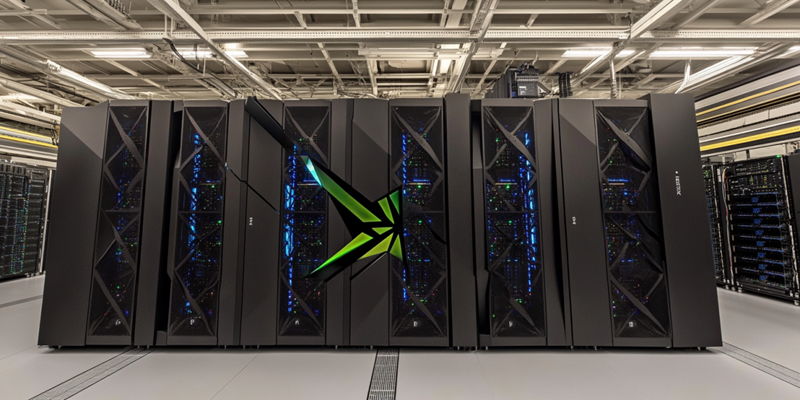Japan has announced its plans for the successor to the renowned Fugaku supercomputer, which is currently the world’s fourth-fastest according to Top500.org. This new system, named Fugaku Next, is set to be a Zetta-scale supercomputer, boasting an astounding performance of 1,000 exaFLOPS. To put this in perspective, this power level is a thousand times more potent than the current AMD-powered Frontier system. The ambitious project, revealed by Japan’s Ministry of Education, Culture, Sports, Science, and Technology (MEXT), will come with a hefty price tag of over $750 million and is expected to be operational by 2030.
The development of Fugaku Next is spearheaded by RIKEN and Fujitsu, driven by the urgent need to bolster AI-driven scientific research in Japan. This colossal Zetta-scale machine aims to address the growing computational demands of such research. In theory, a computer of this scale would require the energy output of 21 nuclear reactors, highlighting the significant power considerations involved. However, advancements in semiconductor manufacturing, led by giants such as TSMC, Intel, and Samsung, are moving towards the creation of 2nm transistors. These technological strides may make the enormous computational power of a Zetta-scale machine achievable within the projected timeframe.
Implications for Global High-Performance Computing
Japan has announced plans for Fugaku Next, the successor to its current Fugaku supercomputer, which ranks as the world’s fourth-fastest according to Top500.org. Fugaku Next aims to be a Zetta-scale supercomputer, offering an incredible performance of 1,000 exaFLOPS—making it a thousand times more powerful than the AMD-powered Frontier system. Announced by Japan’s Ministry of Education, Culture, Sports, Science, and Technology (MEXT), the ambitious project will cost over $750 million and is expected to be operational by 2030.
The development of Fugaku Next is being led by RIKEN and Fujitsu, aiming to significantly enhance AI-driven scientific research in Japan. This enormous Zetta-scale supercomputer is designed to meet the growing computational needs of advanced research initiatives. To give a sense of scale, a machine of this magnitude would theoretically require the energy output of 21 nuclear reactors. However, ongoing advancements in semiconductor technology by companies like TSMC, Intel, and Samsung, especially towards 2nm transistors, suggest that achieving this computational power could be feasible within the projected timeline.

